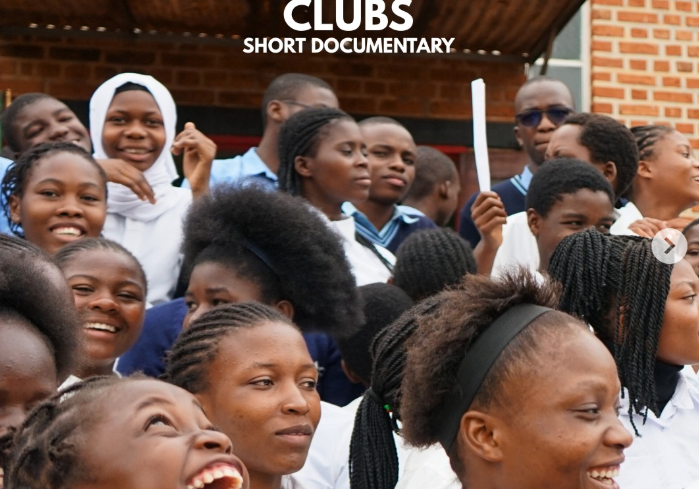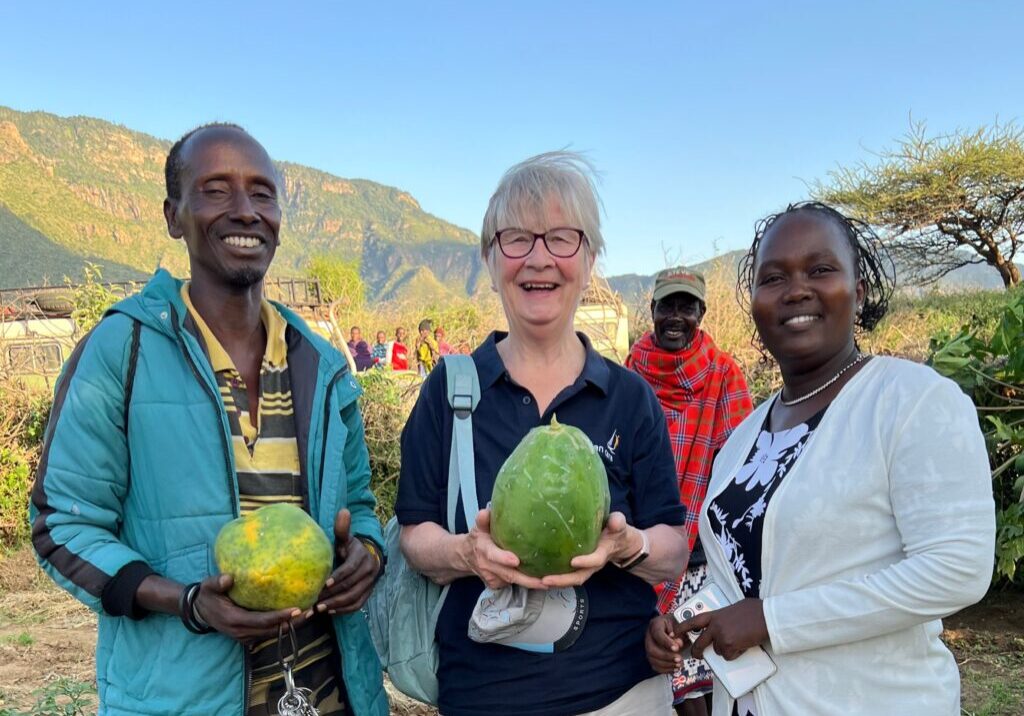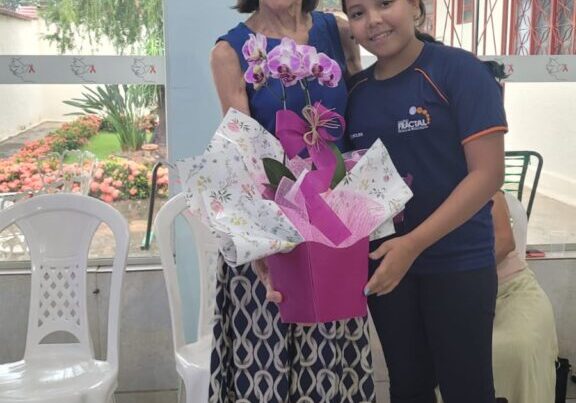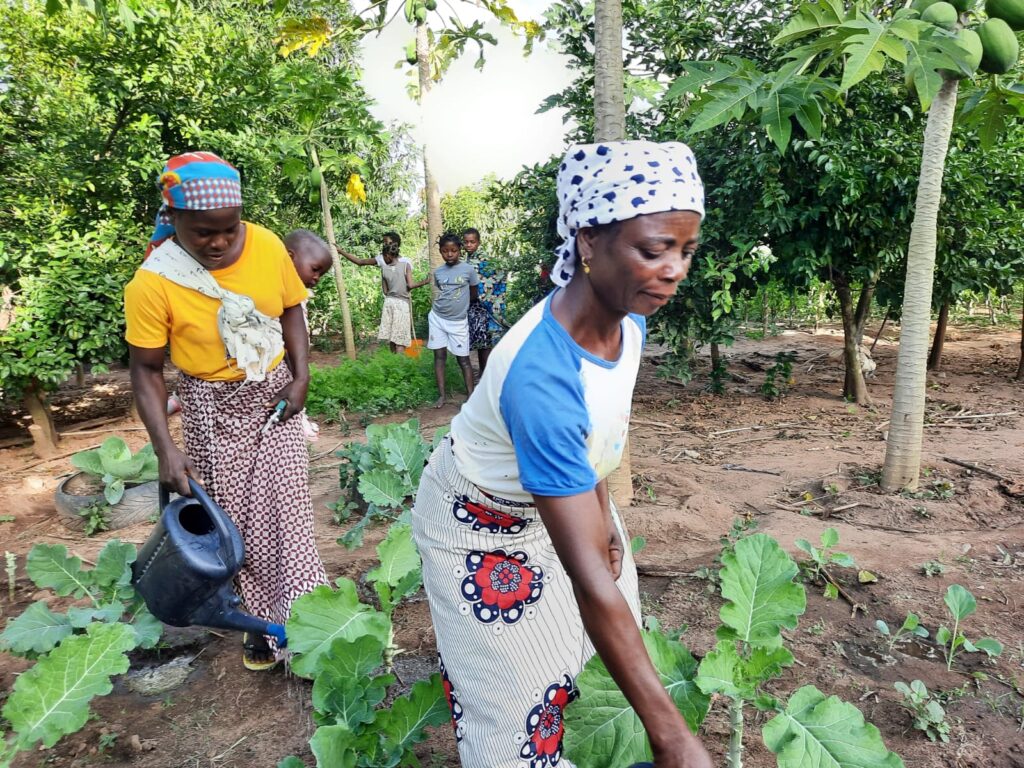
Misean Cara Member Organisation: Augustinian Fathers with Augustinian Sisters
Project: Biodiversity and Agriculture Program for Cabo Delgado
Location: Natete-Netia, Mozambique
Mozambique – especially in the northernmost province of Cabo Delgado– ranks among the most susceptible and vulnerable countries in the world to weather variability, climate hazards and climate change. Just one year ago, Cyclone Kenneth hit the province of Cabo Delgado, destroying over 50.000 hectares of cropland as well as fishing boats and equipment. Since then, more than 300,000 people in the region have struggled to rebuild their lives.
A large proportion of the population of Mozambique is heavily dependent on the environment for their daily livelihoods, with the agriculture sector a mainstay of the country’s economy, accounting for approximately 79% of total employment. Due to widespread environmental degradation though, there has been a steady decrease in the social and economic benefits derived by the poor from land and other natural resources. This is reflecting in a steady decline in well-being among poor and vulnerable groups throughout Mozambique.
In Cabo Delgado most agricultural crops are produced by small-scale, subsistence farmers poorly trained in sustainable practices, putting them at even greater risk of having their livelihoods and family security threatened by climate shocks and environmental degradation.
The Augustinian Sisters, in partnership with the Augustinian Fathers, have been working in Mozambique for many years to support both displaced people and host communities who are highly vulnerable and at high risk of food insecurity. They take an integrated approach to help predominantly female-headed households build climate-secure livelihoods and better nutrition for their families through sustainable agricultural programmes.
The project supports the local farmers with the purchase of equipment and seeds to help with crop diversification. As participants progress with their knowledge of farming techniques, a process of farmer-to-farmer training unfolds, encouraging families to collaborate and also take part in cooperatives to produce and sell more at market.
Farmers are also taught to use the “fertilizer tree system (FTS)”, involving the planting or regeneration of fast-growing nitrogen-fixing trees or woody shrubs that produce high-quality leaf biomass and are adapted to the local climatic and soil conditions. Fertilizer trees are further useful for preventing fertilizer erosion, soil degradation and related desertification, and improving water usage for crops.
The project has also successfully installed eight 10-metre deep wells, to supply water for agriculture, particularly during droughts. very useful during the drought period. The wells are and are manual and require little maintenance.
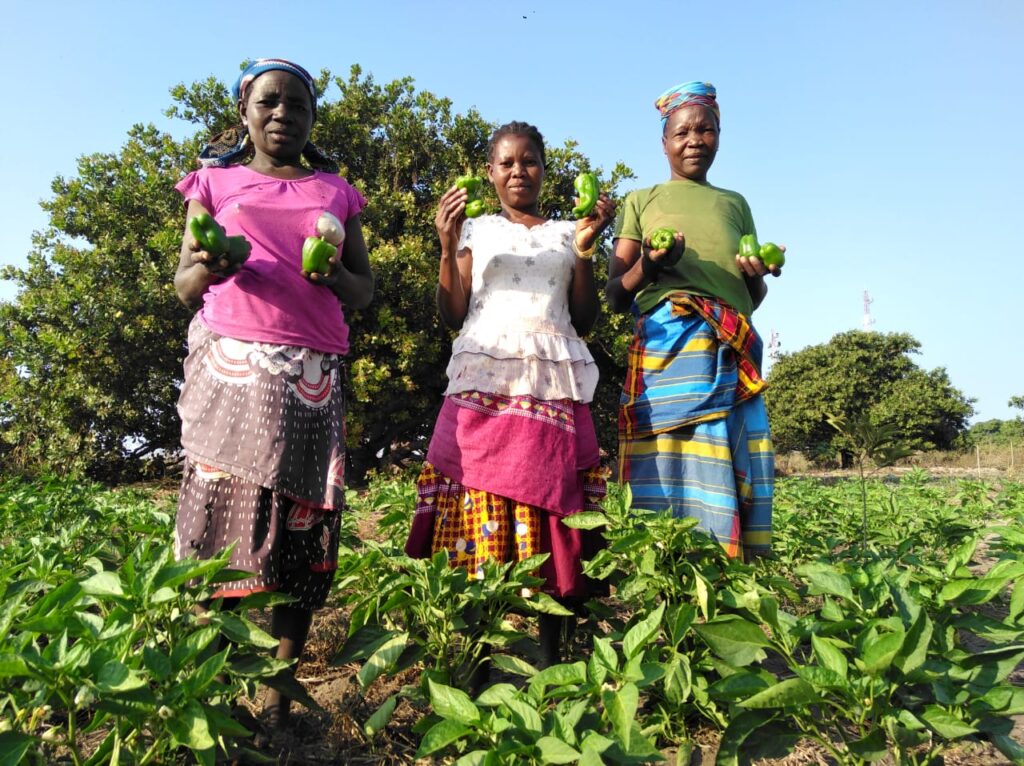
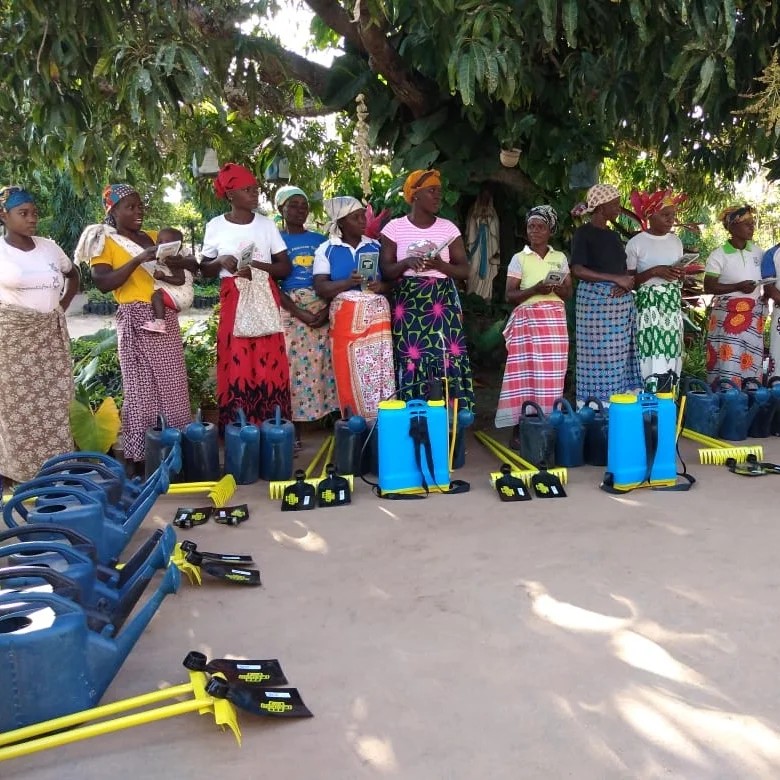
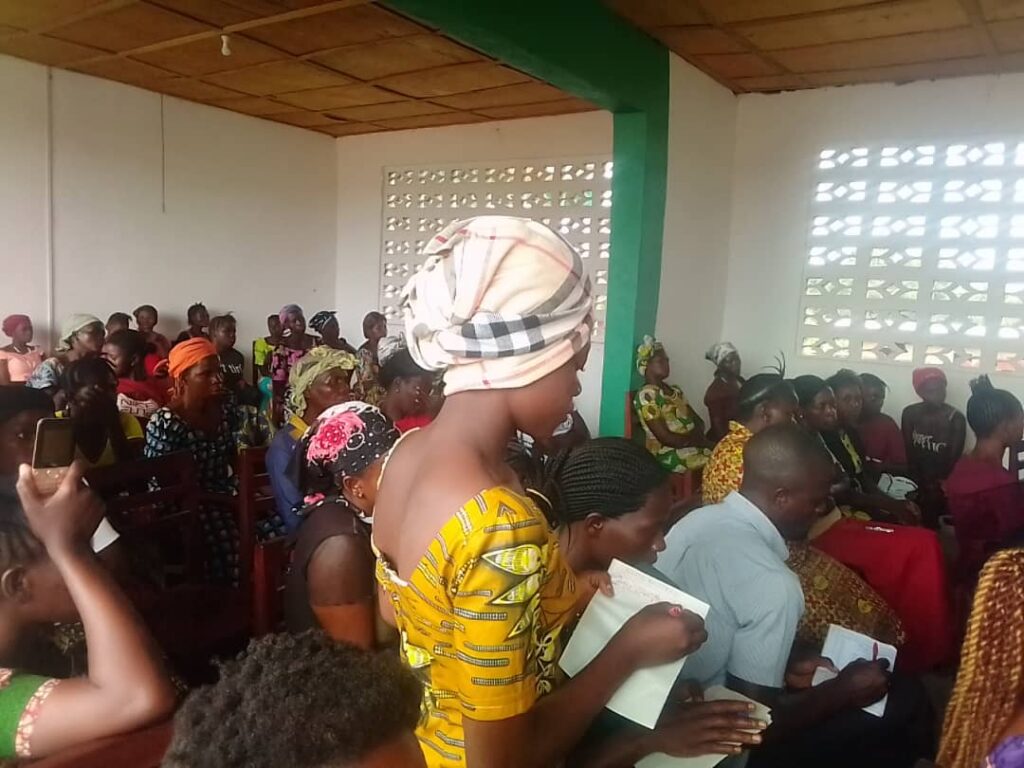

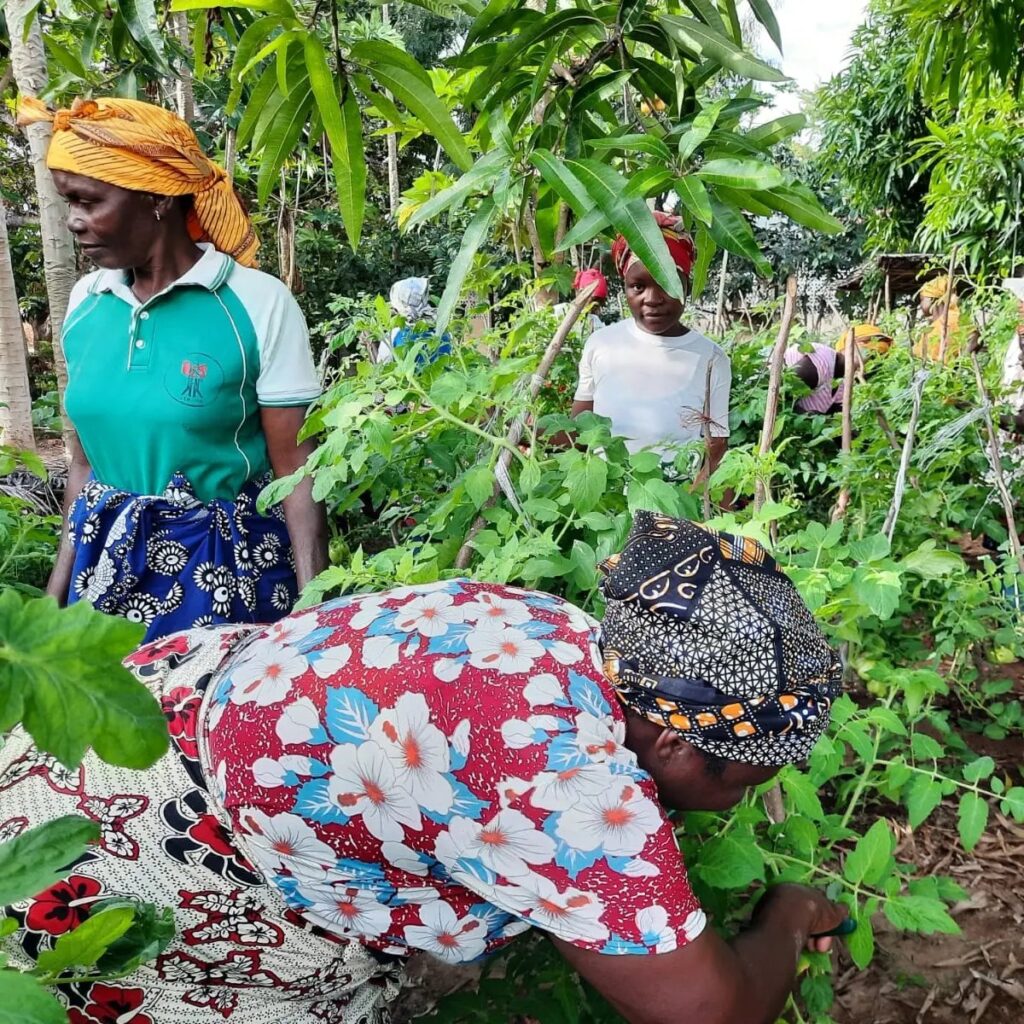
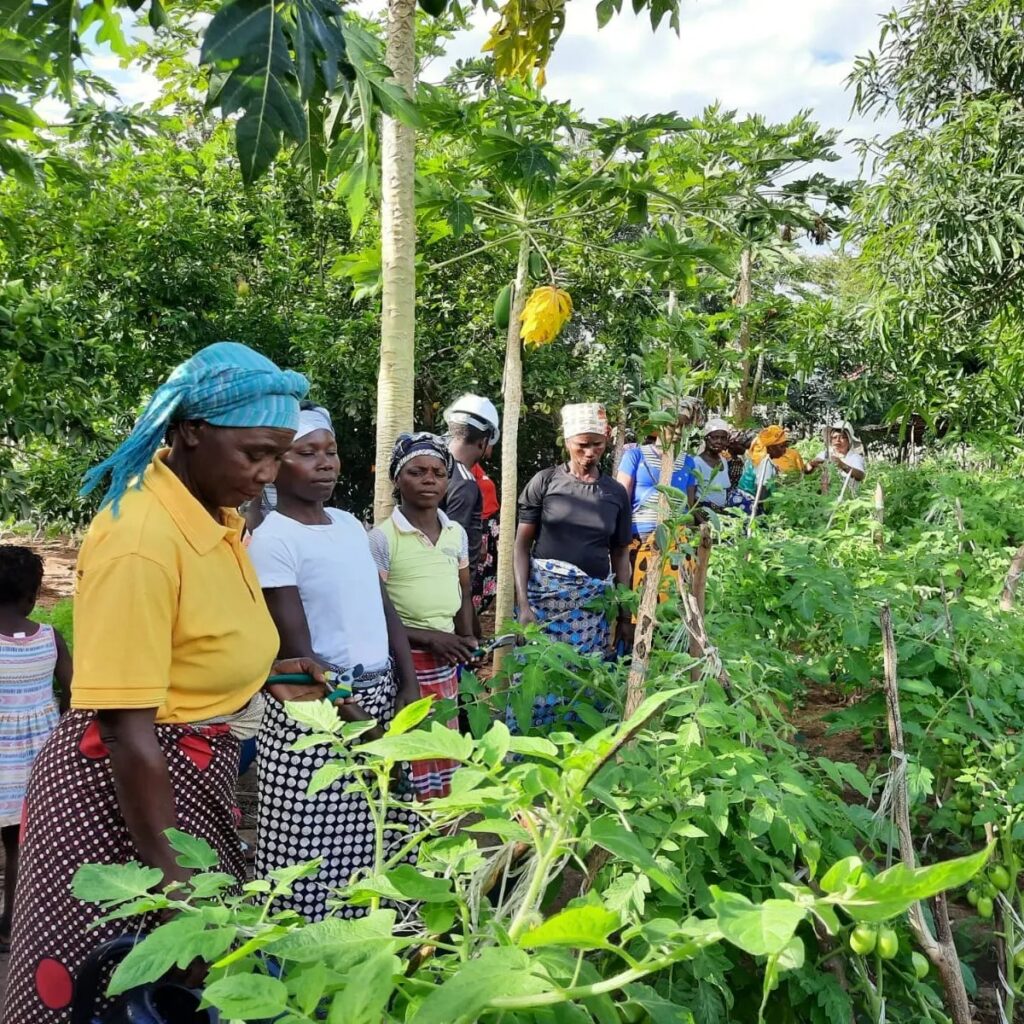
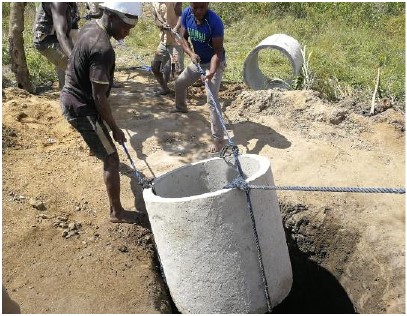
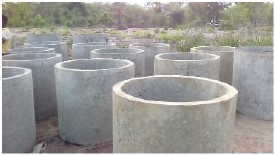
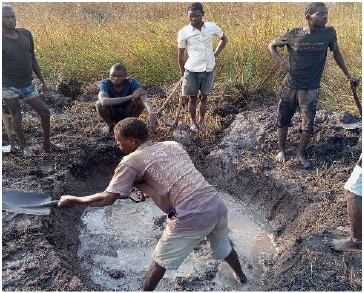
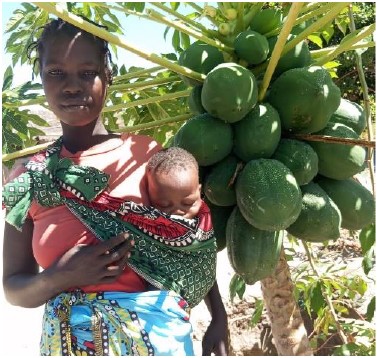
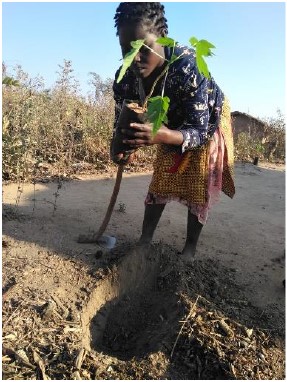
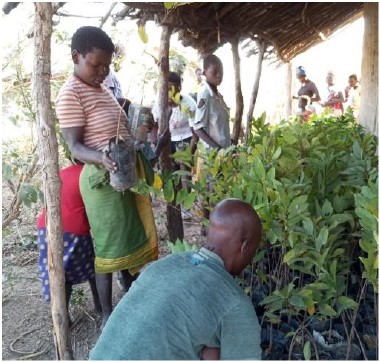
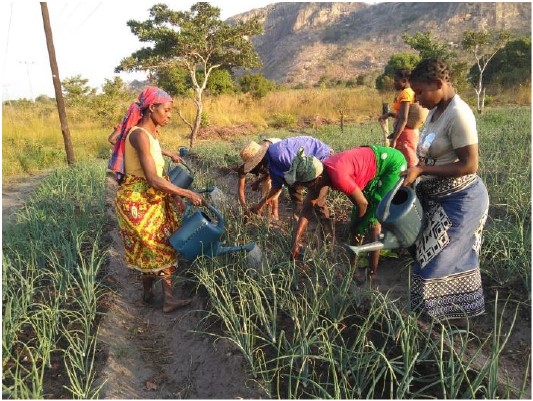
Lastly, to combat plastic pollution, the project has also established a network of young people who collect plastic bottle waste to sell back to the Sisters. Recently, the recycled plastic bottles (filled with sand) have been used instead of traditional bricks to build two school classrooms to educate the children of the woman involved in the project.
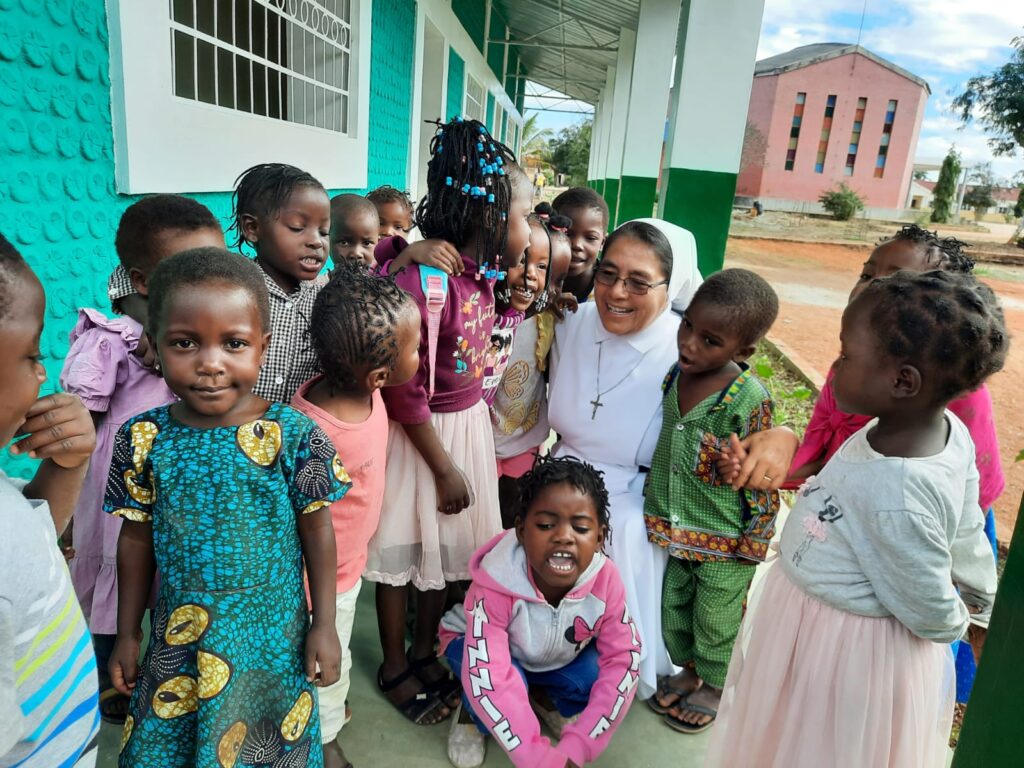
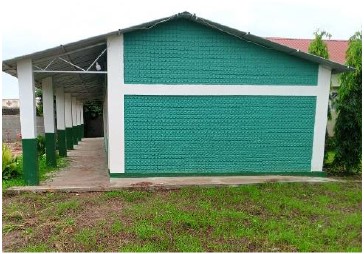
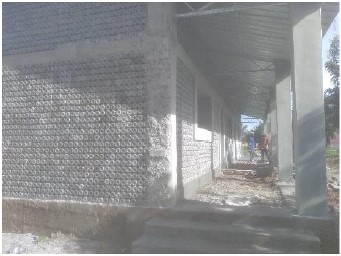
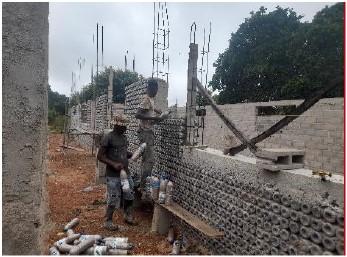
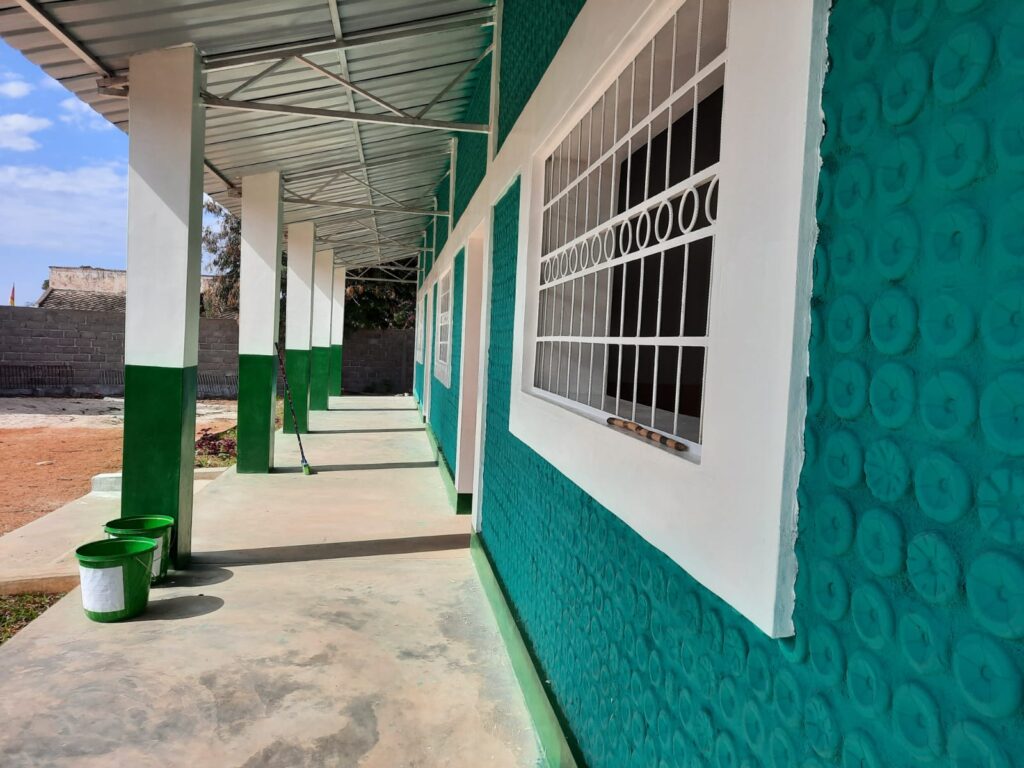
Photos: Augustinian Sisters
